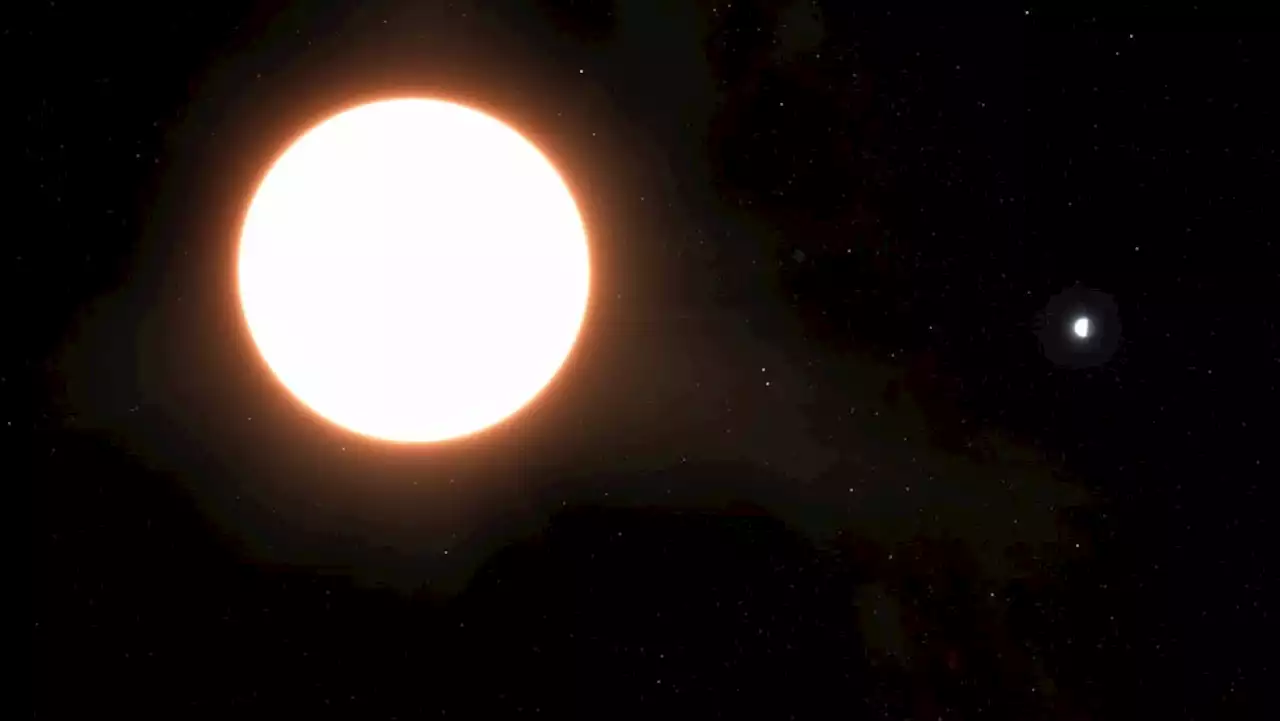The Anthropocene is the proposed geological epoch marking humanity’s outsized impact on the planet. Read more at straitstimes.com.
PARIS - Since 2009, a cloistered band of hard-rock geologists and other scientists have toiled on a mission of great consequence.
The first, roughly, is this: would aliens sifting through Earth’s layered rocks and sediment a million years from now discern a human signature distinctive enough to mark a clear geological boundary?Yes, the Working Group concluded, human appetites and activity have evicted the planet – and its inhabitants – from the stability of the Holocene epoch, which began 11,700 years ago as the last ice age ended.
The “winner” will be announced Tuesday in joint press conferences at the Max Planck Society in Berlin and a meeting of working group scientists in Lille, France.Presented as recommendations, the fruit of the Working Group’s long labours must now be validated by a gauntlet of sceptical, hard-nosed scientists at the International Commission on Stratigraphy and, higher up the food chain, the International Union of Geological Sciences .
At the same time, marking the end of the Holocene and the start of a new epoch would force us to ponder humanity’s devastating impact. “It’s the recognition that, ‘Oh my God, we have tipping points. Oh my God, the Holocene is the only state that can support us,’“ Johan Rockstrom, head of the Potsdam Institute for Climate Impact Research, told Agence France-Presse.
South Africa Latest News, South Africa Headlines
Similar News:You can also read news stories similar to this one that we have collected from other news sources.
 Japan sea sludge tells story of human impact on earthLayers of sediment and sludge beneath the seawater in Japan’s Beppu Bay offer clues about the past. Read more at straitstimes.com.
Japan sea sludge tells story of human impact on earthLayers of sediment and sludge beneath the seawater in Japan’s Beppu Bay offer clues about the past. Read more at straitstimes.com.
Read more »
 Japan sea sludge tells story of human impact on EarthTOKYO: Beneath the seawater in Japan's Beppu Bay lie layers of seemingly unremarkable sediment and sludge that tell the story of how humans have fundamentally altered the world around them. The site is among those being considered for designation as a 'golden spike', a location that offers evidence of a ne
Japan sea sludge tells story of human impact on EarthTOKYO: Beneath the seawater in Japan's Beppu Bay lie layers of seemingly unremarkable sediment and sludge that tell the story of how humans have fundamentally altered the world around them. The site is among those being considered for designation as a 'golden spike', a location that offers evidence of a ne
Read more »
 Earth Observatory of Singapore to harness satellite technology to study land sinkingThe first of four reference stations was set up on Lazarus Island in May. Read more at straitstimes.com.
Earth Observatory of Singapore to harness satellite technology to study land sinkingThe first of four reference stations was set up on Lazarus Island in May. Read more at straitstimes.com.
Read more »
 'Like a mirror': Astronomers identify most reflective exoplanetPARIS — A scorching hot world where metal clouds rain drops of titanium is the most reflective planet ever observed outside of our Solar System, astronomers said on Monday (July 10). This strange world, which is more than 260 light years from Earth, reflects 80 per cent of the light from its host star, a
'Like a mirror': Astronomers identify most reflective exoplanetPARIS — A scorching hot world where metal clouds rain drops of titanium is the most reflective planet ever observed outside of our Solar System, astronomers said on Monday (July 10). This strange world, which is more than 260 light years from Earth, reflects 80 per cent of the light from its host star, a
Read more »
 Pope Francis says he will create new cardinals in end SeptemberVATICAN CITY: Pope Francis said on Sunday (Jul 9) he would create 21 new cardinals from across the world at the end of September. 'Their provenance expresses the universality of the Church that continues to proclaim God's merciful love to all people on earth,' said the pope, following his week
Pope Francis says he will create new cardinals in end SeptemberVATICAN CITY: Pope Francis said on Sunday (Jul 9) he would create 21 new cardinals from across the world at the end of September. 'Their provenance expresses the universality of the Church that continues to proclaim God's merciful love to all people on earth,' said the pope, following his week
Read more »
 Earth Observatory of Singapore to harness satellite technology to study land sinkingThe first of four reference stations was set up on Lazarus Island in May. Read more at straitstimes.com.
Earth Observatory of Singapore to harness satellite technology to study land sinkingThe first of four reference stations was set up on Lazarus Island in May. Read more at straitstimes.com.
Read more »
